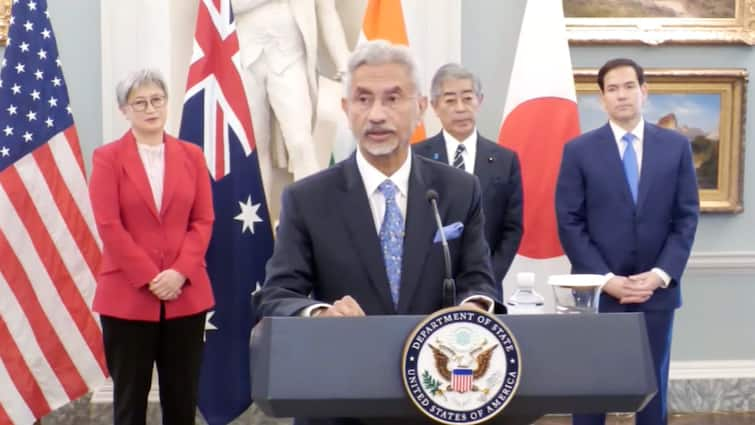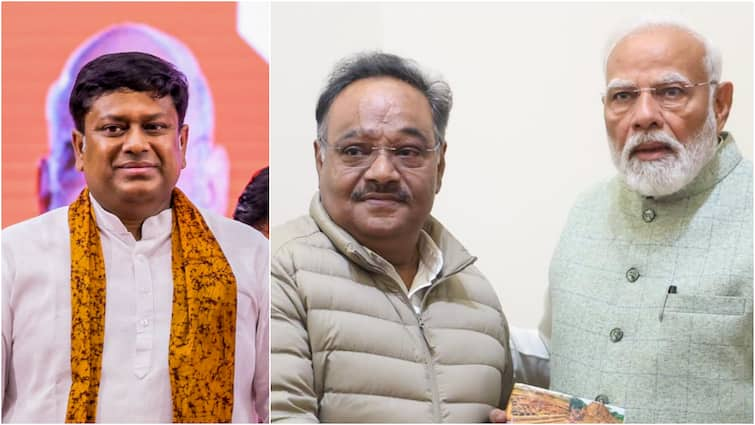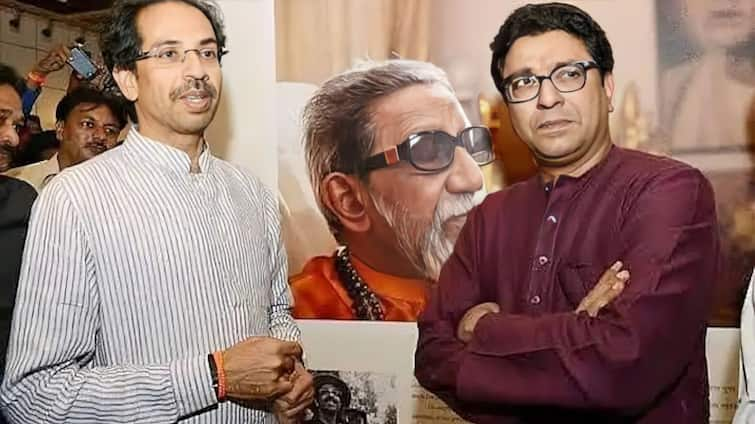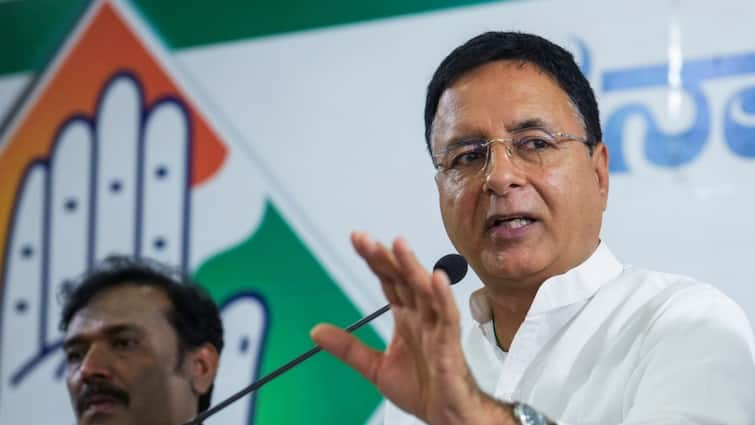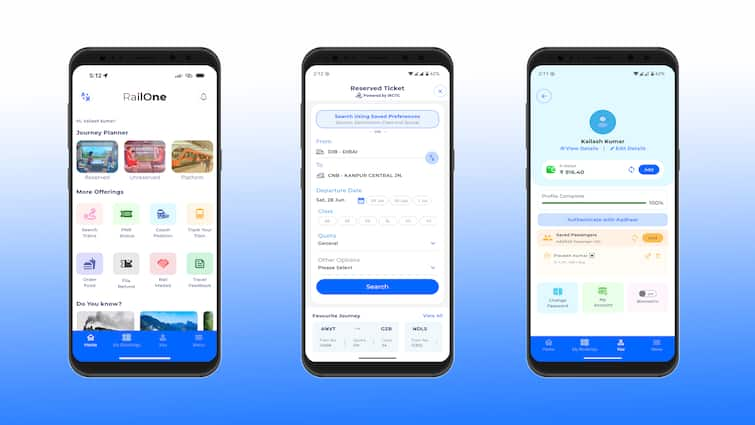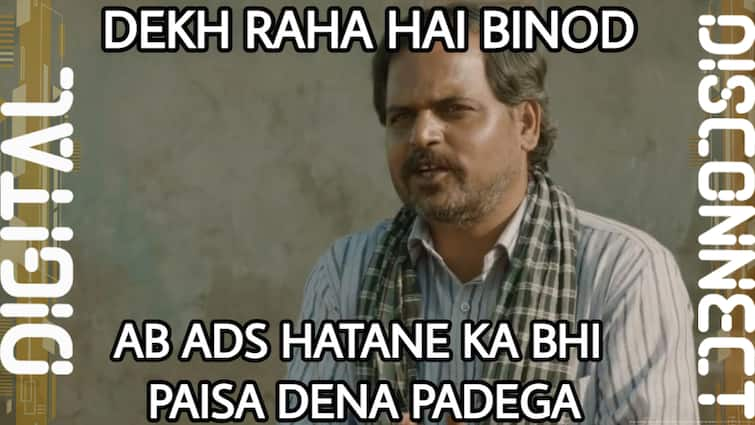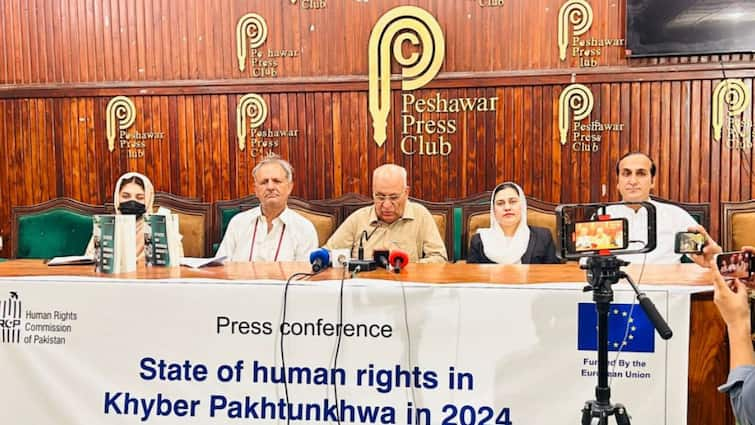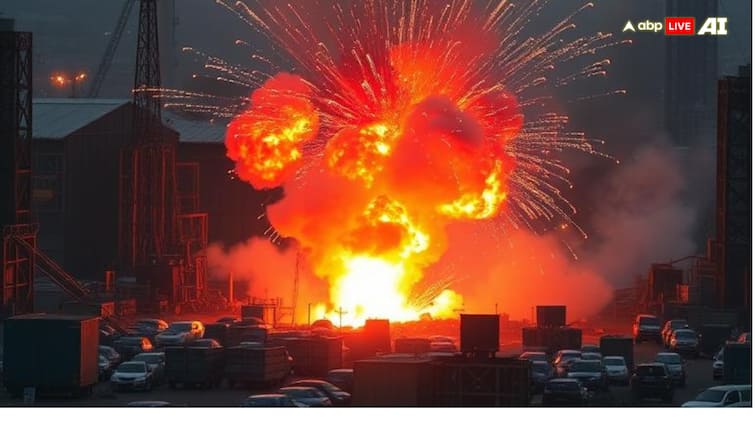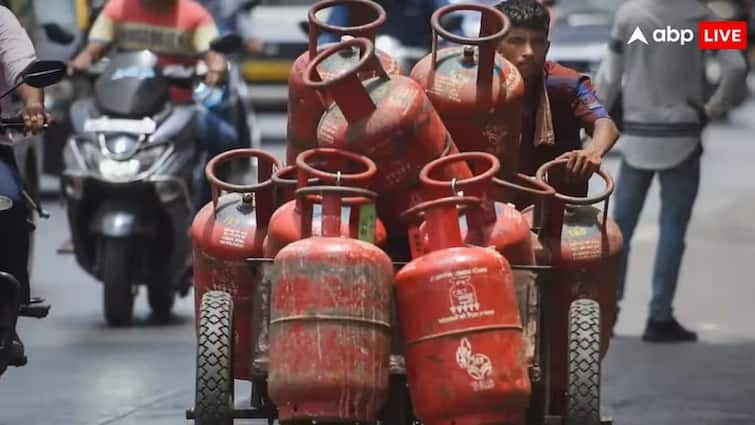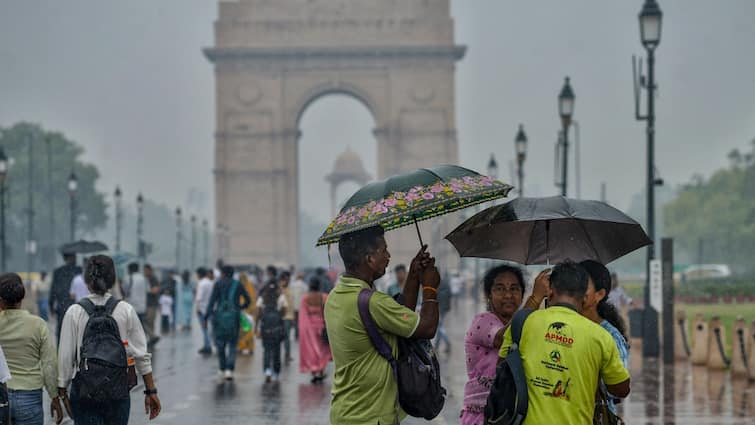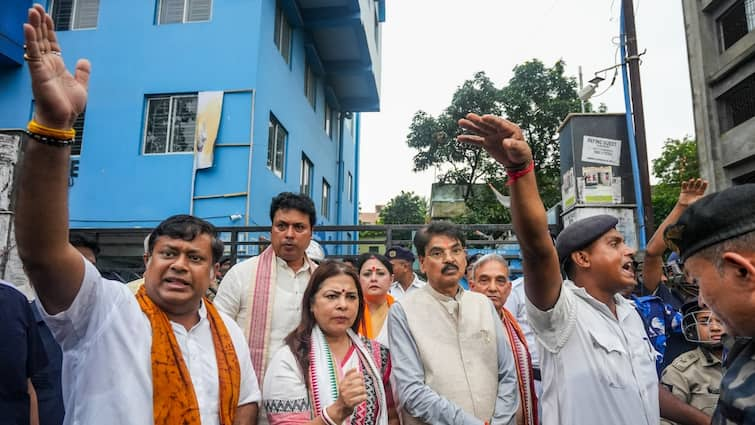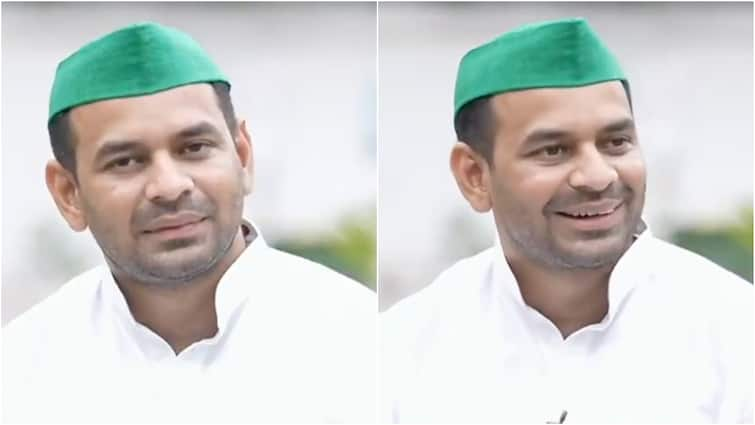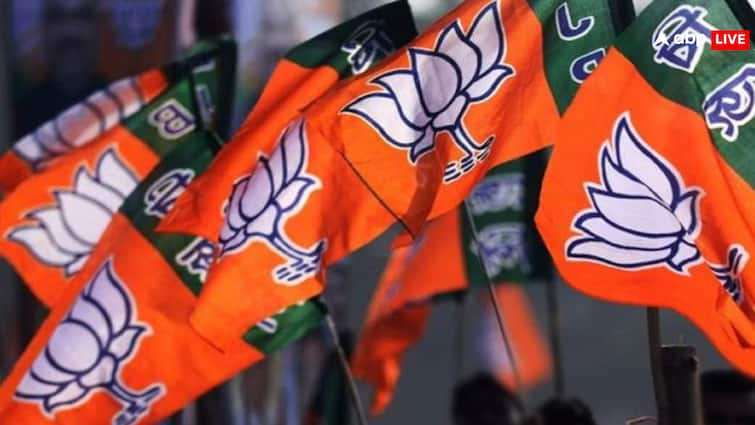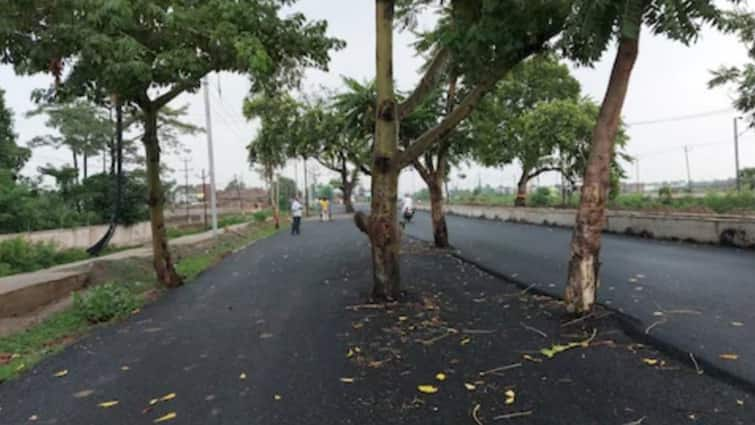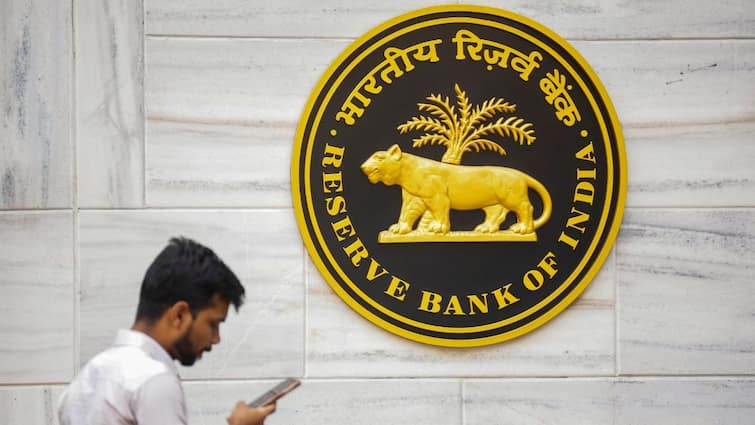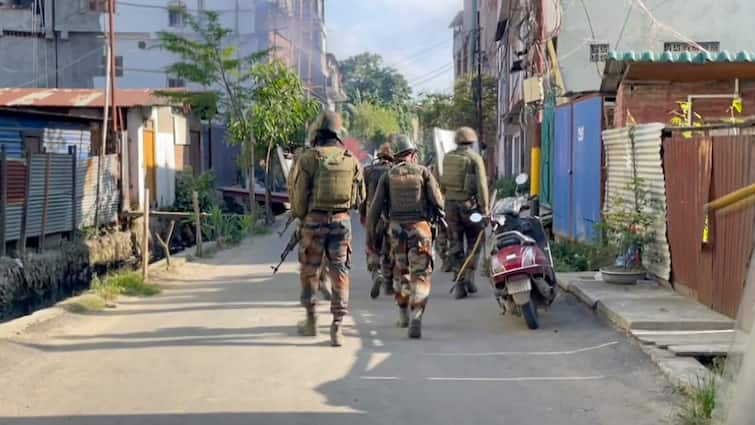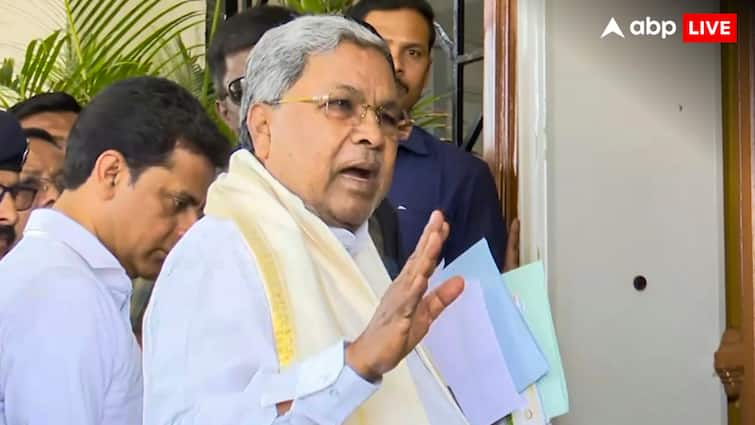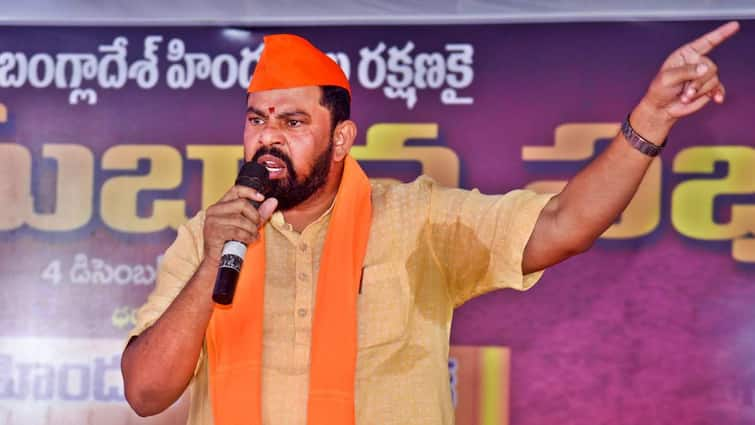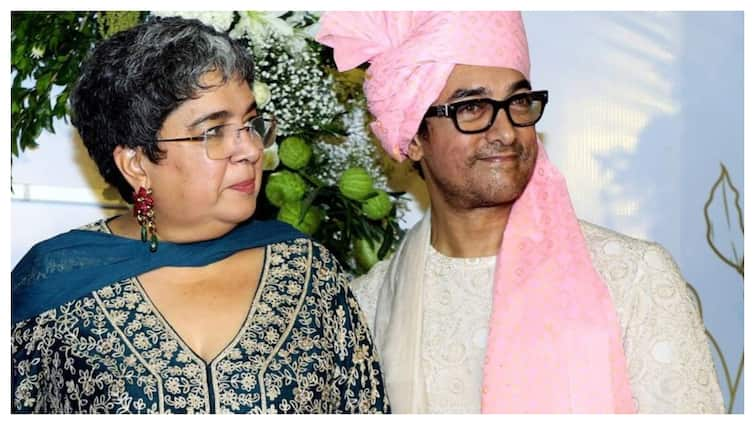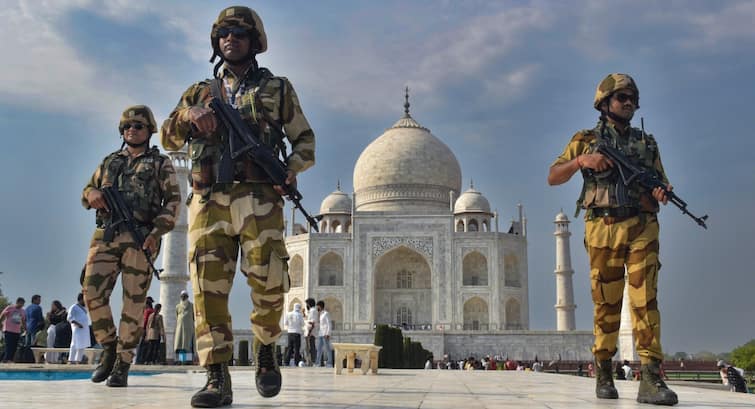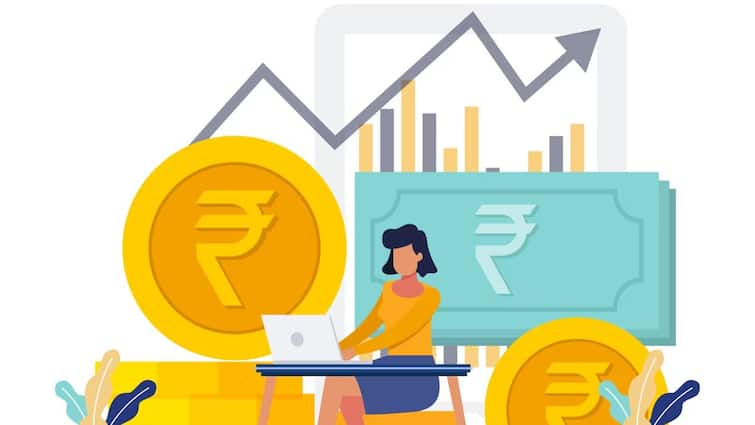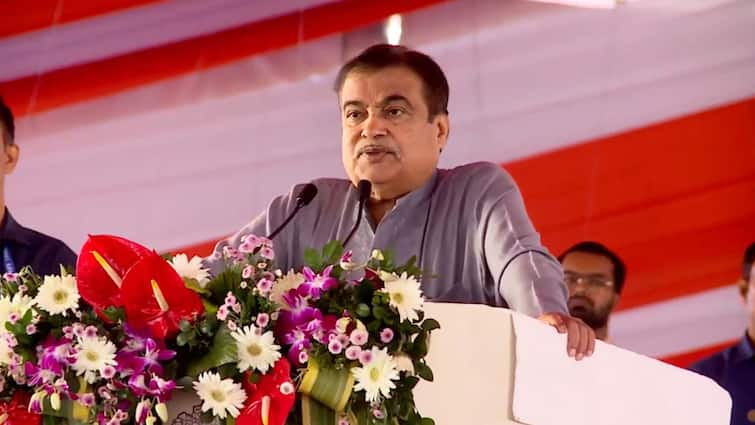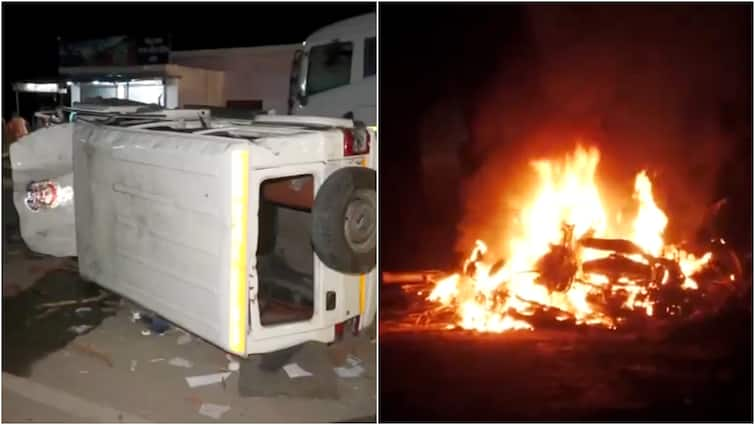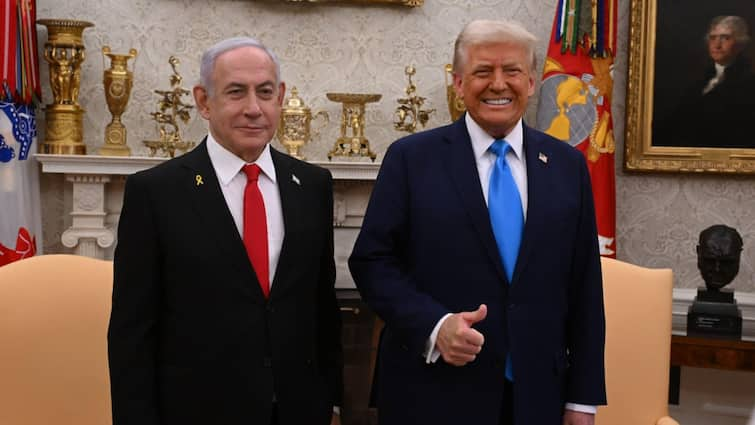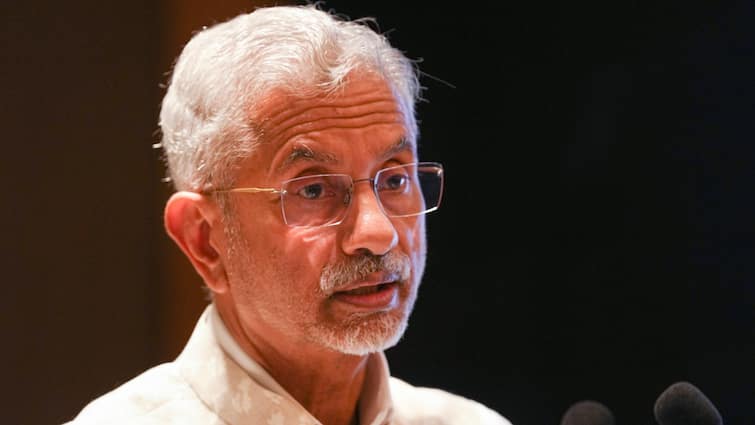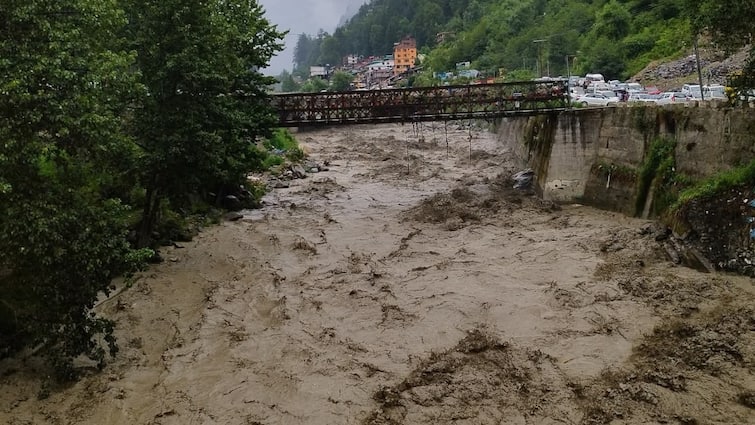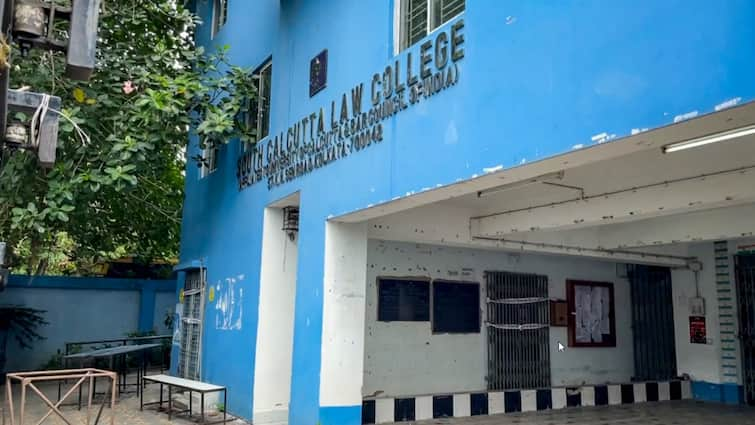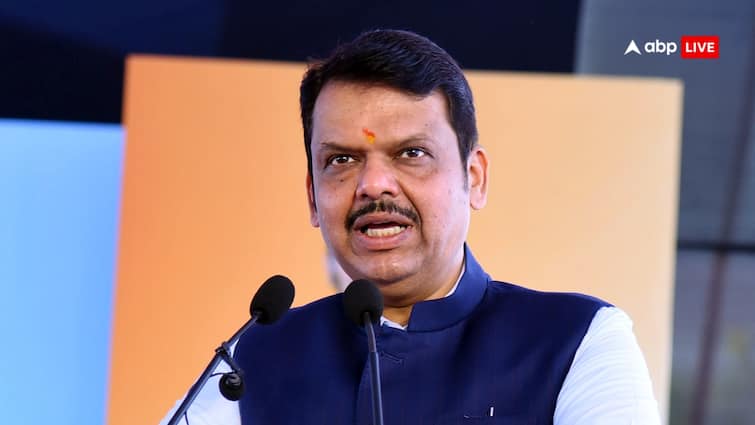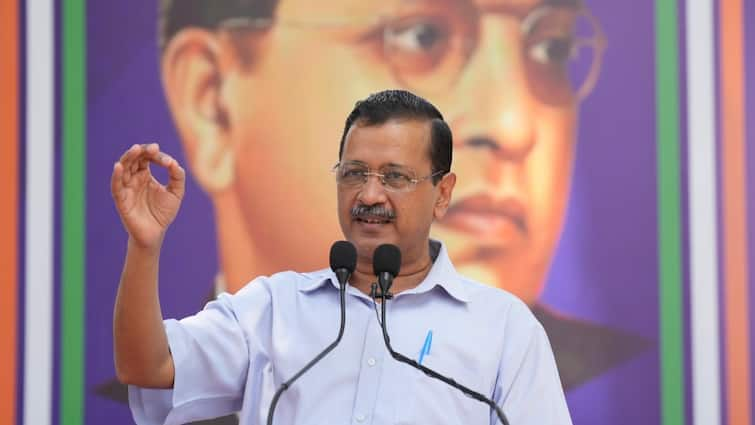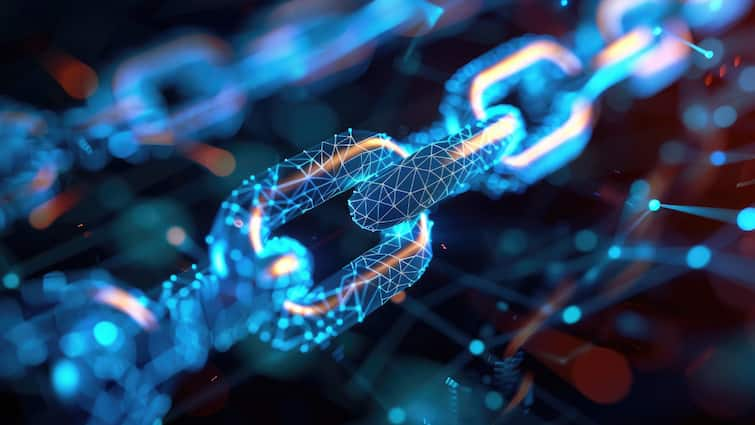
By Siddharth Ugrankar
Land and property transactions have, over the years, been the face of bureaucracy, conflict, and mistrust. Even in the age of hyper-digitisation, the process of selling or purchasing land, especially in developing economies like India, is still that of navigating a labyrinth built in the last century. False claims to ownership, misplaced documents, counterfeit titles, and sluggish mutation procedures are not the exception, they are the norm.
This outdated system is not only wasteful but inherently unjust. It strikes most deeply those who can least afford it: small farmers, urban migrants, and small landowners purchasing their first piece of land. But there is a revolution brewing, and it does not involve tearing down the system and rebuilding. Instead, it is re-architecting its roots from scratch. That revolution is blockchain.
The Land Record Problem, Explained
Let us get an idea of the magnitude of the problem before we leap to the solution.
Land titles are poorly recorded or not digitally stored in most parts of the globe. Around 23 per cent of adults around the world, or 1.1 billion people, have little or no access to secure land titles, according to the Prindex 2024 Report. Land disputes clog nearly two-thirds of all civil litigation in India, costing the economy billions of dollars in lost productivity and delayed transactions.
This is what typically goes wrong:
- Broken Record-Keeping: Files are spread across departments without a unified registry.
- Errors in Manual Entries: A lot of the legacy data has been typed up or hand-entered manually, leaving space for tampering or error.
- Inability to Update in Real-Time: Months or years may pass before updating changes in boundaries or ownership.
- Translucent Processes: No simple way for a buyer to verify a seller’s title, especially in secondary sales or inherited property.
These inefficiencies provide fertile ground for corruption and erode trust — a high price to pay for something as basic as owning property.
Blockchain: A Trust Engine for Land Titles
Blockchain, in effect, is a distributed ledger — a corruption-proof database where each entry is time-stamped, cannot be changed, and is validated by a network, not an individual.
Then imagine applying that to land records.
Each property transaction — sale, lease, inheritance, or mortgage — can be recorded as a block on a blockchain. This record includes:
- The digital signature of both parties
- Timestamp of the transaction
- Verified property title information (including GIS mapping and property dimensions)
- Smart contracts to automate compliance checks.
Because blockchain data cannot be retroactively changed without consensus from all validating nodes, the record becomes virtually tamper-proof. This shifts the system from trust in intermediaries to trust in code.
How It Works: A Ground-Level View
Let us say you are purchasing a plot of land.
In a blockchain system, you could log onto a government site or authorised platform and see the full history of the land title instantly. You would be able to see:
- When the title was last updated
- Who the owner is legally.
- Any pending litigations or encumbrances
- Tax arrears or mortgage status.
Once the purchase is agreed, the transaction is executed through a smart contract, which simultaneously:
- Makes payment (possibly via a secure electronic escrow)
- Updates the ownership record on the blockchain
- Notifies responsible government agencies (e.g., revenue, municipal) immediately
No queue in front of the registrar’s office. No middlemen asking for bribes. No chance for the same land being bought by two purchasers.
Global Momentum: Lessons from the Field
Governments and agencies across the world are beginning to understand.
- Sweden’s Lantmäteriet (Land Registry) conducted a pilot that proved blockchain could cut land transfer times from months to days.
- Georgia has already recorded over 1.5 million land titles on blockchain, reducing title fraud by an enormous amount.
- Telangana and Maharashtra states in India have initiated pilots to digitise land records and combine them with blockchain to form tamper-proof registries.
These are not experiments in technology — they are windows onto a more efficient and equitable land economy.
Challenges: Why This Is Not Mainstream Yet
Despite the promise, the application of blockchain to land records is not without difficulty.
- Legacy Data Cleaning: Before blockchain value, existing land data must be validated and normalised — no simple feat.
- Interdepartmental Coordination: Land transactions touch multiple departments — municipal government, tax bureau, legal bureau — which must talk with each other in concert.
- Digital Literacy & Access: Particularly in rural areas, adoption entails significant capacity building.
- Legal Validity: The blockchain ledger needs to become legally enforceable under current property law — a process that may entail legislative change.
These are tractable issues, but they require more than technology, political will, and public trust.
The Human Impact: More Than Just Tech
At its core is more than efficiency — it is about restoring dignity.
- For a farmer in Bihar who can now secure an equitable bank loan with a digitised title as collateral.
- For a widow in Gujarat who no longer has to bribe officials to transfer property from her late husband.
- For a Mumbai migrant family buying their first home, with certainty that their title will not be challenged.
Blockchain imposes order on that which was chaos. It replaces unreliable records with immutable trust. And perhaps most importantly, it democratises land ownership — the one asset that builds intergenerational wealth.
Building the Future, One Block at a Time
The transition to blockchain-based land registries is not a silver bullet. But it is a foundational step in the right direction. It offers us a once-in-a-lifetime chance to fix a broken system not by making it more complex, but by injecting trust at its foundation.
If technologists, civil society, and governments can join forces with intention, we can unleash a world where land transactions are not a source of stress, but a celebration of ownership, inheritance, and economic empowerment.
The land does not belong to the powerful, but to whoever can prove it. And blockchain just made that proof available to the world.
(The author is the CEO, Qila.io)
Disclaimer: The opinions, beliefs, and views expressed by the various authors and forum participants on this website are personal and do not reflect the opinions, beliefs, and views of ABP Network Pvt. Ltd.
Doonited Affiliated: Syndicate News Hunt
This report has been published as part of an auto-generated syndicated wire feed. Except for the headline, the content has not been modified or edited by Doonited




